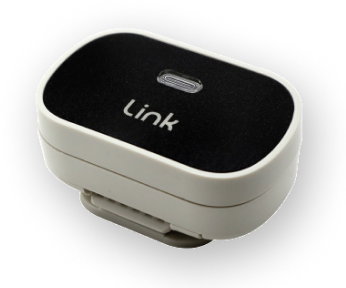If you have a dog you probably know that one simple snuggle from him can help you feel at ease. While you may be conflicted on whether or not sleeping with your dog is good for you in the long term, there's no denying your pup is a vital member of your daily life. For some pawrents, that unspoken connection and bond stems even further into their mental and emotional well-being.
An Emotional Support Animal, or for our purposes dog, is one that provides comfort and support in forms of affection and companionship for an individual suffering from various mental and emotional conditions that might otherwise compromise their quality of life. An Emotional Support Dog (ESD) is not required to perform any specific task for a disability like Service Dogs, and are meant solely for emotional stability and comfort.
New York-based LMSW, Jennifer L. Silvershein, shares some insight on the ESA Certification process and what that could mean for you and your pup.
How Are Emotional Support Dogs Approved?
An ESD is prescribed by an individual's licensed therapist or pyschiatrist. Typically an individual would see their healthcare practitioner on a consistent basis in order to have the clinician make this recommendation as an aid to reducing symptoms or discomfort.
Are Any Prior Certifications Required?
Unlie a working Service Dog, animals do not need any specific task-training because their very presence mitigates the symptoms associated with a person's psychological/emotional disability. The only requirement is that the dog is manageable in public and does not create a nuisance in or around the home setting. Typically an individual gets a written letter from their mental health provider, similar to a receiving a prescription. This letter should state that the individual is currently the provider's client, is under their care for a chronic medical condition, and that it is their clinical recommendation that this support animal is medically necessary.
Emotional Support Dogs are often identified by wearing an ESD vest or tag, letting the public know that he or she is permitted in places a typical dog may not be allowed.

Where Are Emotional Support Dogs Allowed?
An ESD may fly in the cabin of a commercial or private airline with their handler without an additional pet fee required. Typically an airline will require a specific prescription letter from the licensed mental health professional. As for apartments, landlords and property managers must make reasonable accommodations for tenants with ESD's, even if the residence does not typically allow pets. There are limited circumstances where your dog can be denied entry into a business, such as the handler inadequately controlling or attending to a misbehaving animal.
Are There Any Breed Limitations?
Absolutely not! Any breed of dog can be considered an Emotional Support Animal as long as they are able to provide emotional stability, unconditional love, and behave appropriately in public settings.
How Long Is The ESA Certification Good For?
If registering your support animal with the National Service Animal Registry, your one time registration is good for life. Typically the note from an individual's mental health professional will not have an expiration date.
Emotional Support Animals play a critical role in the lives of the people who need them. It's important to never take advantage of the certification, as it could impact those with a legimate need.





